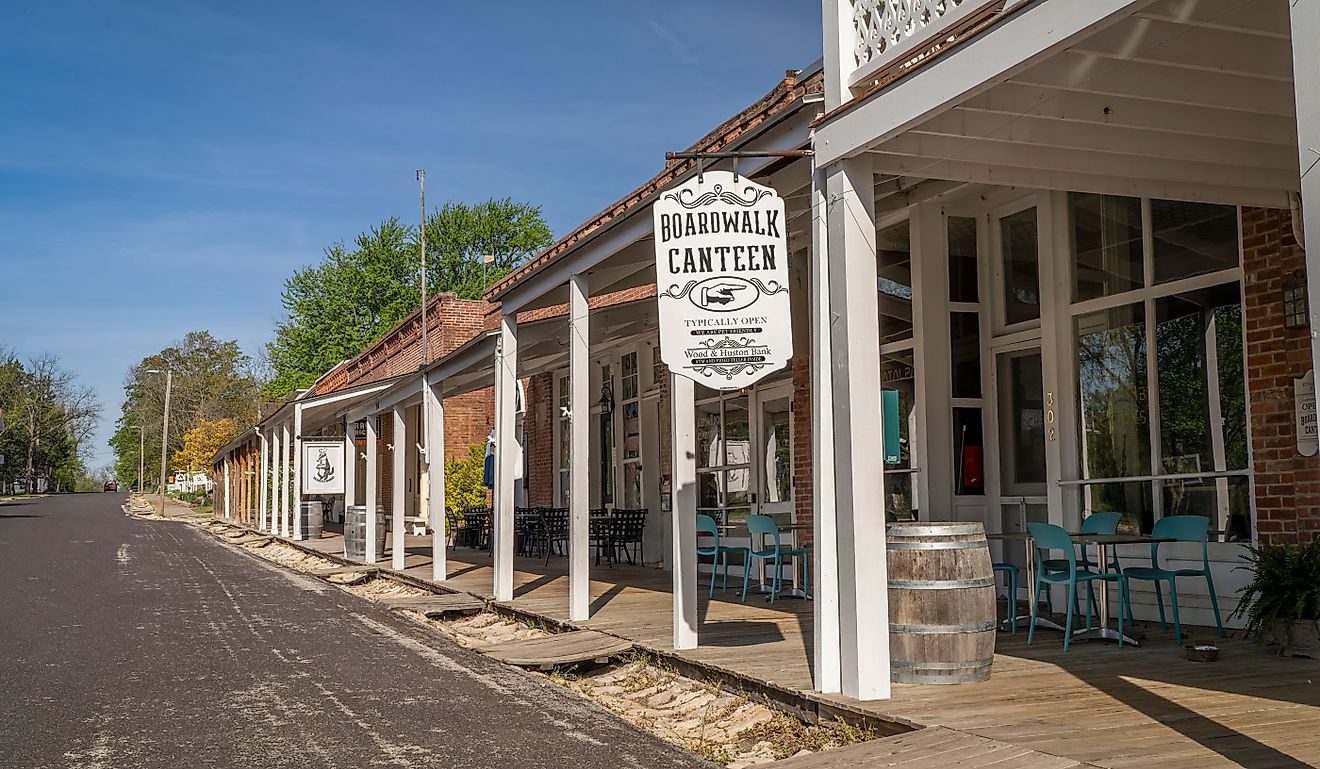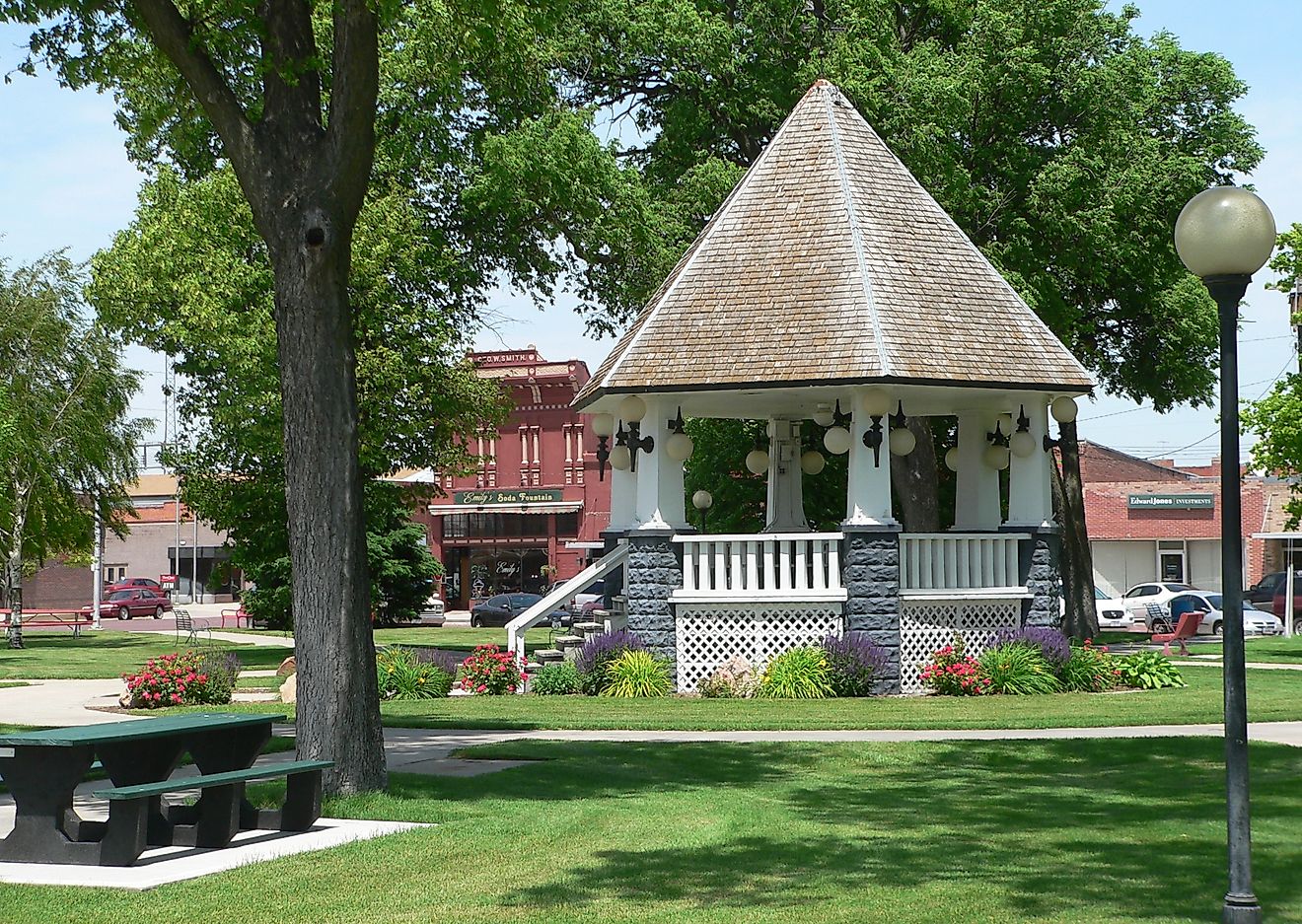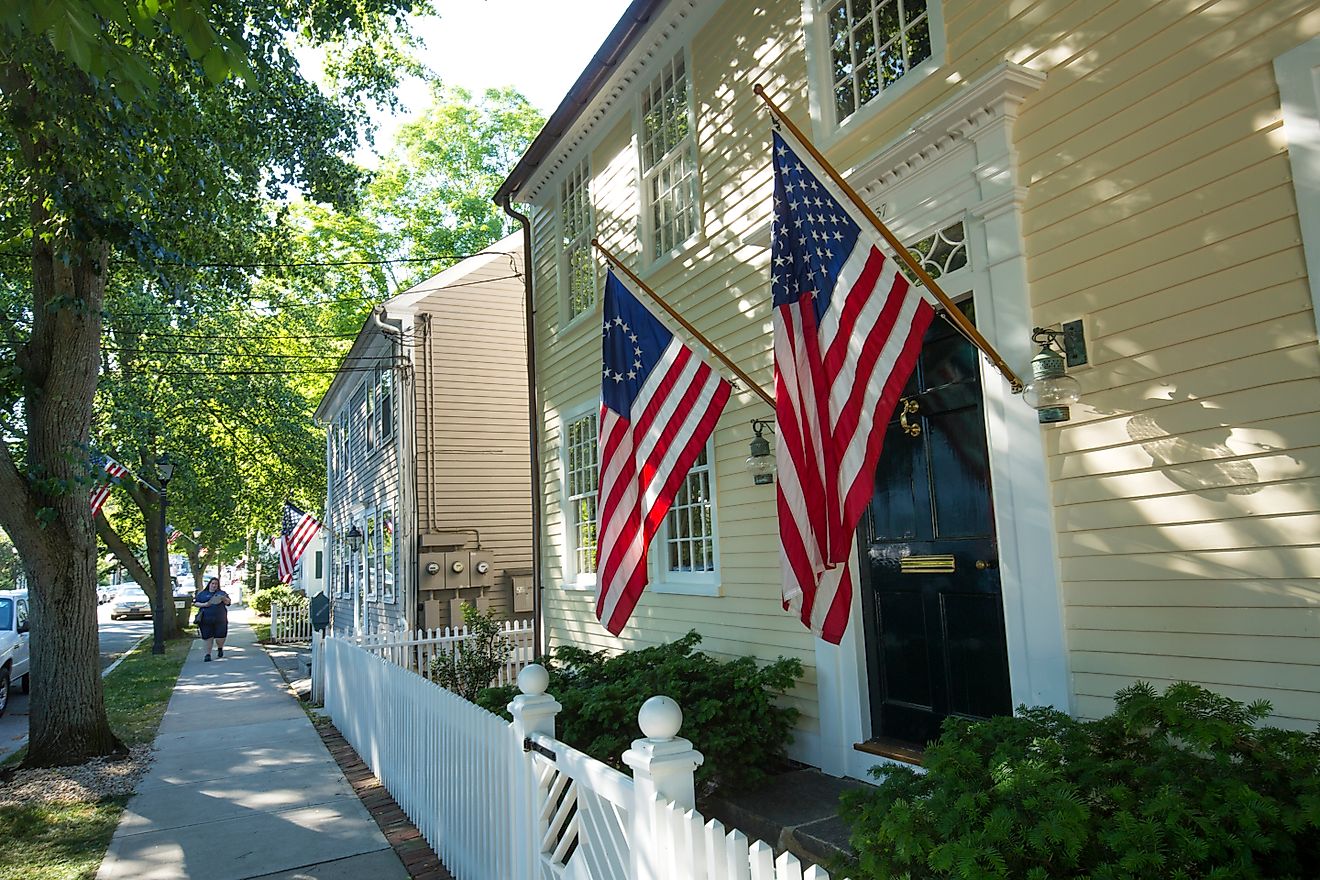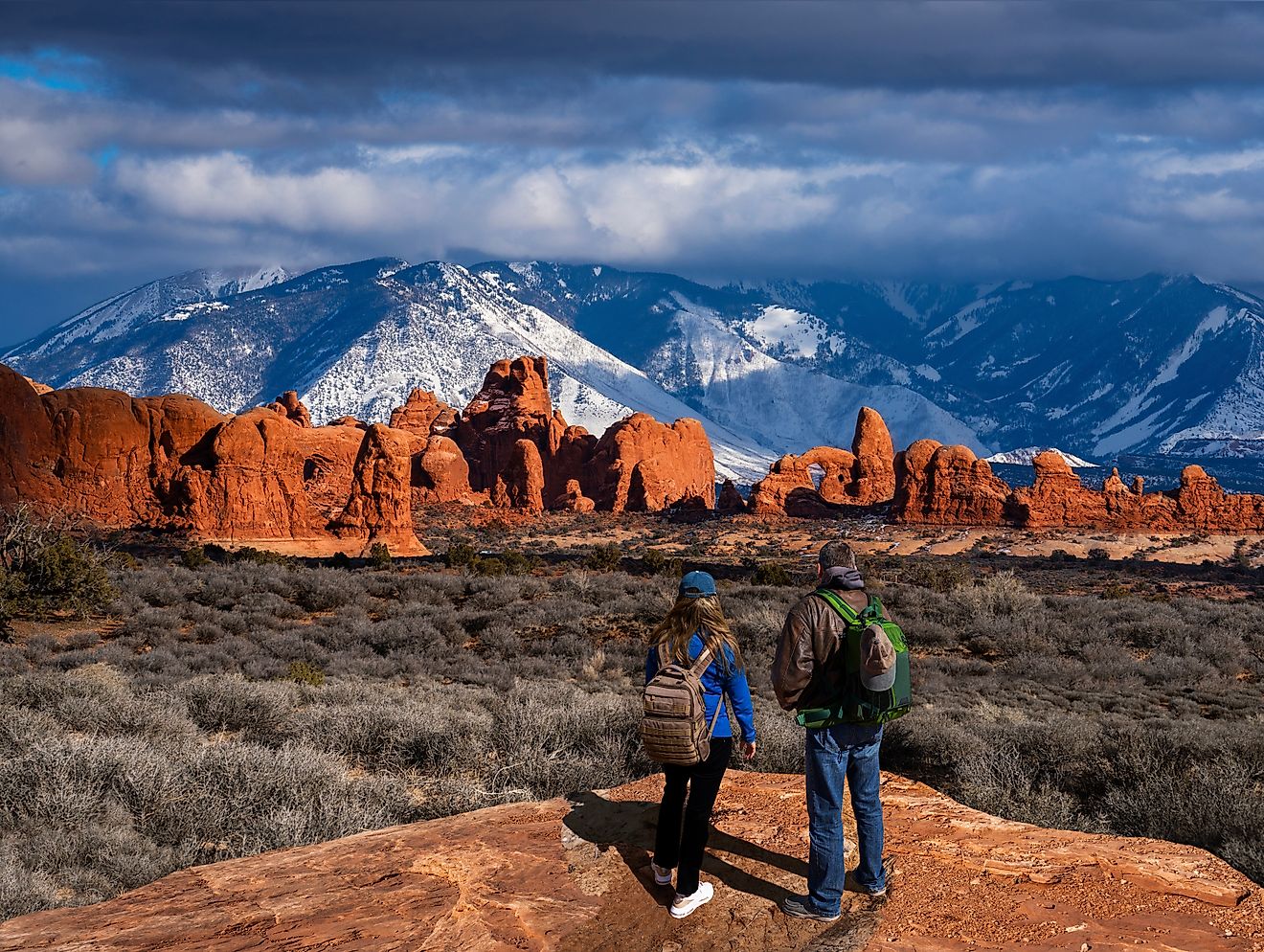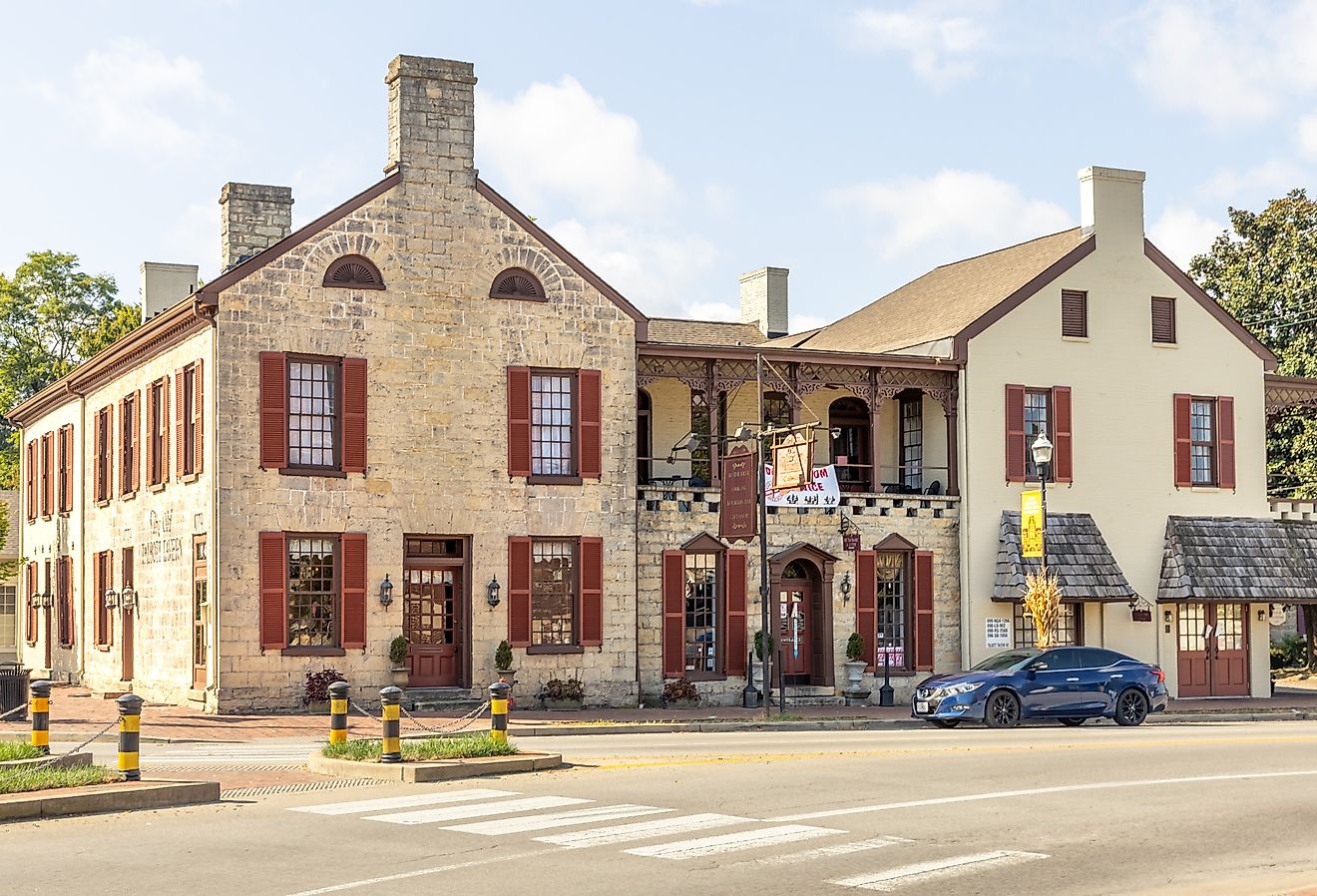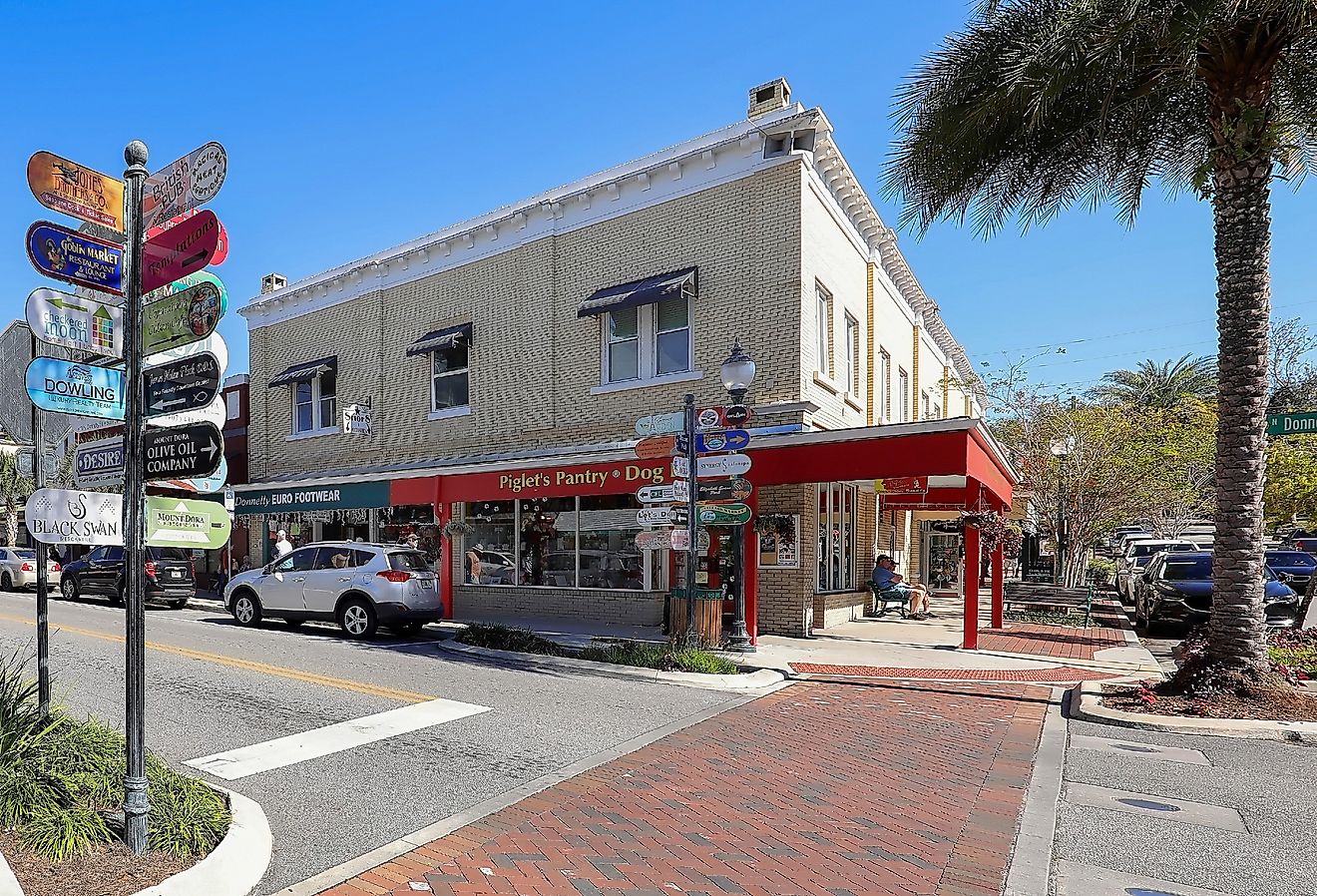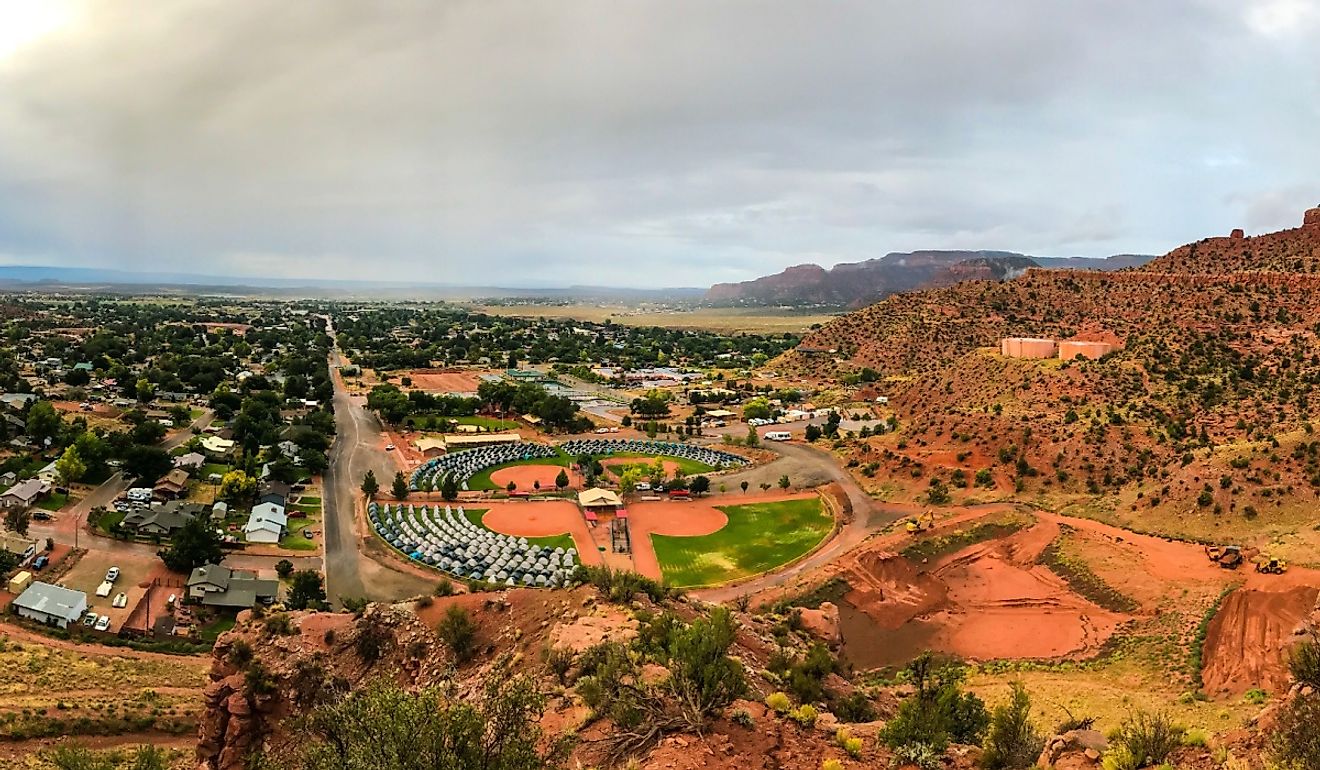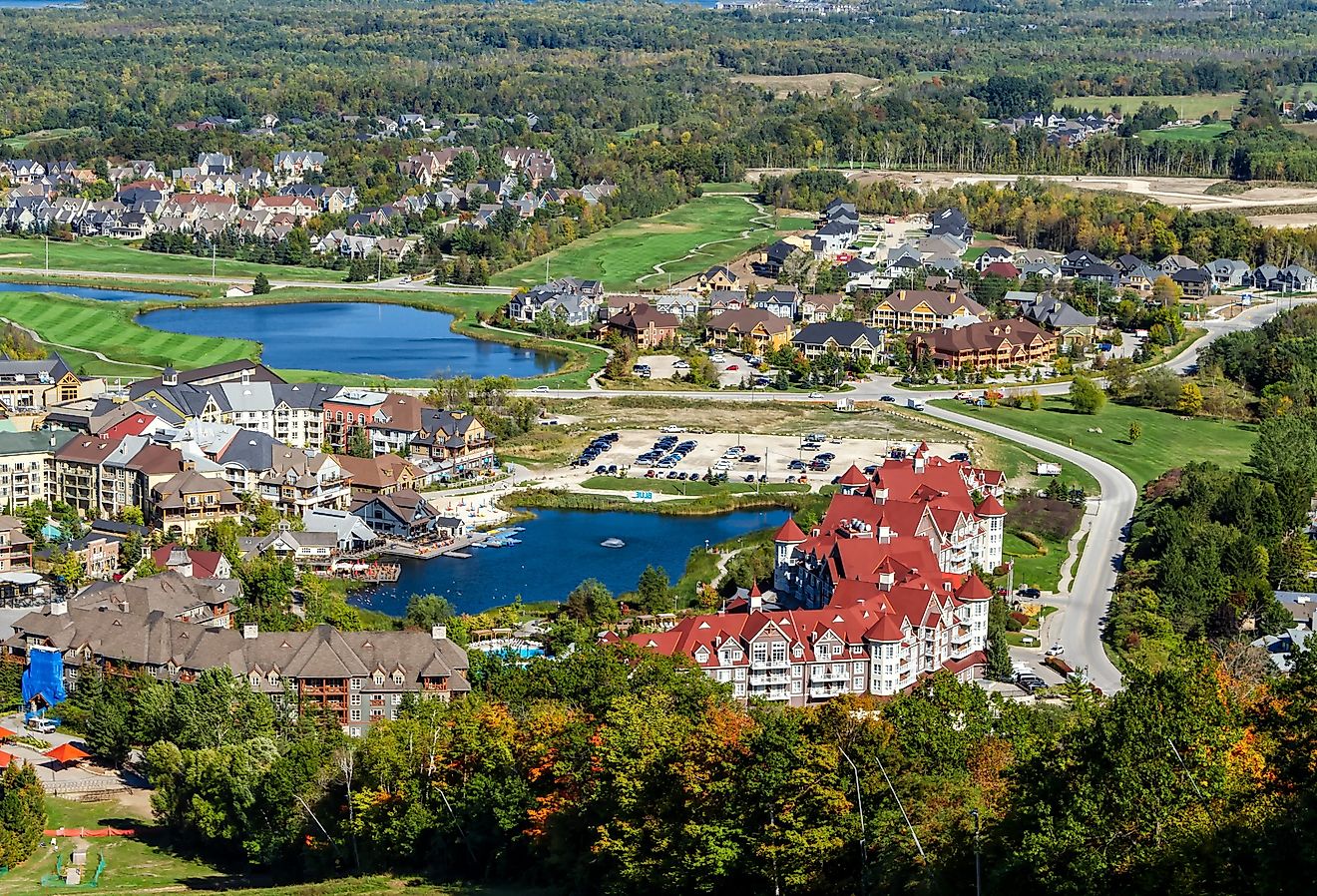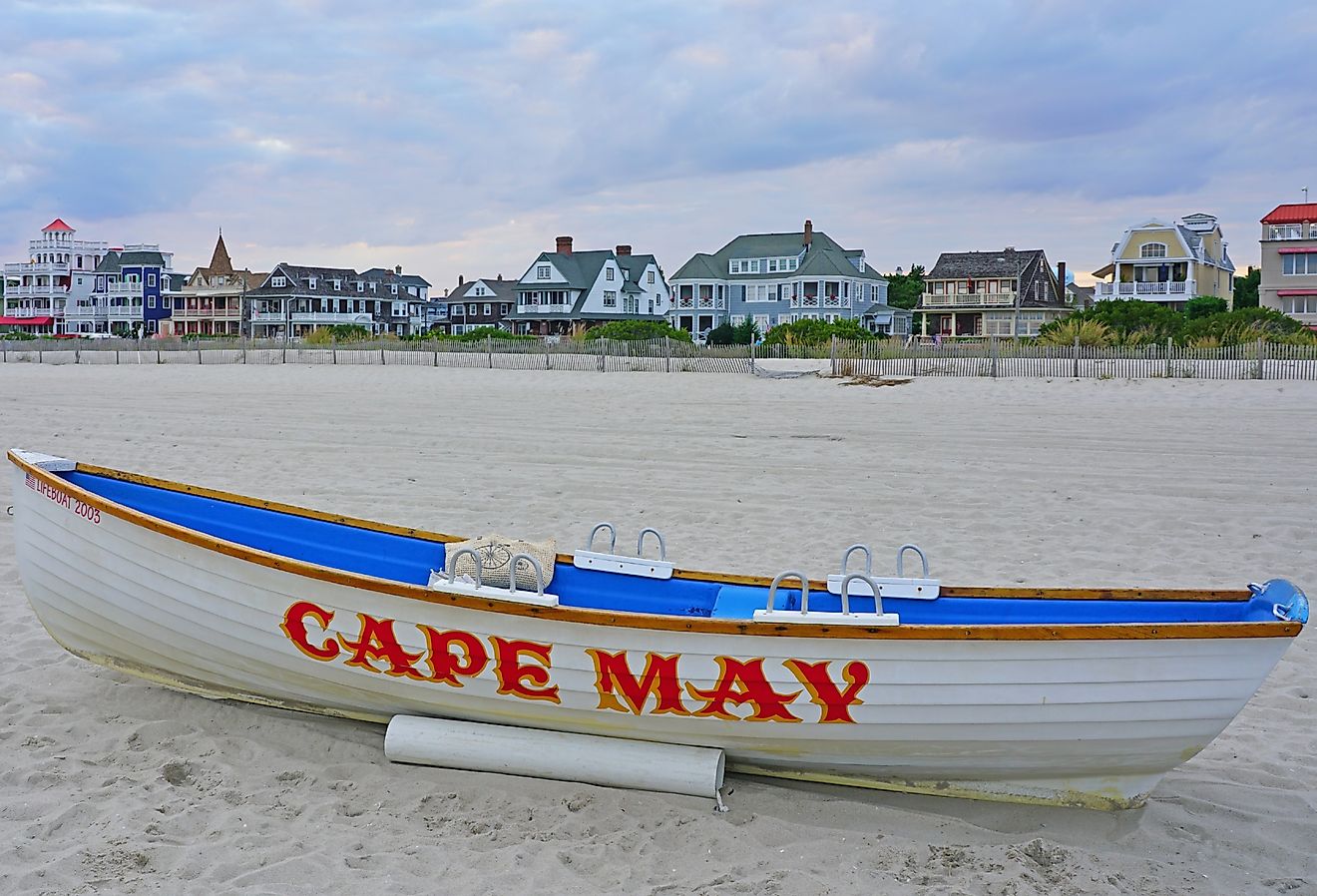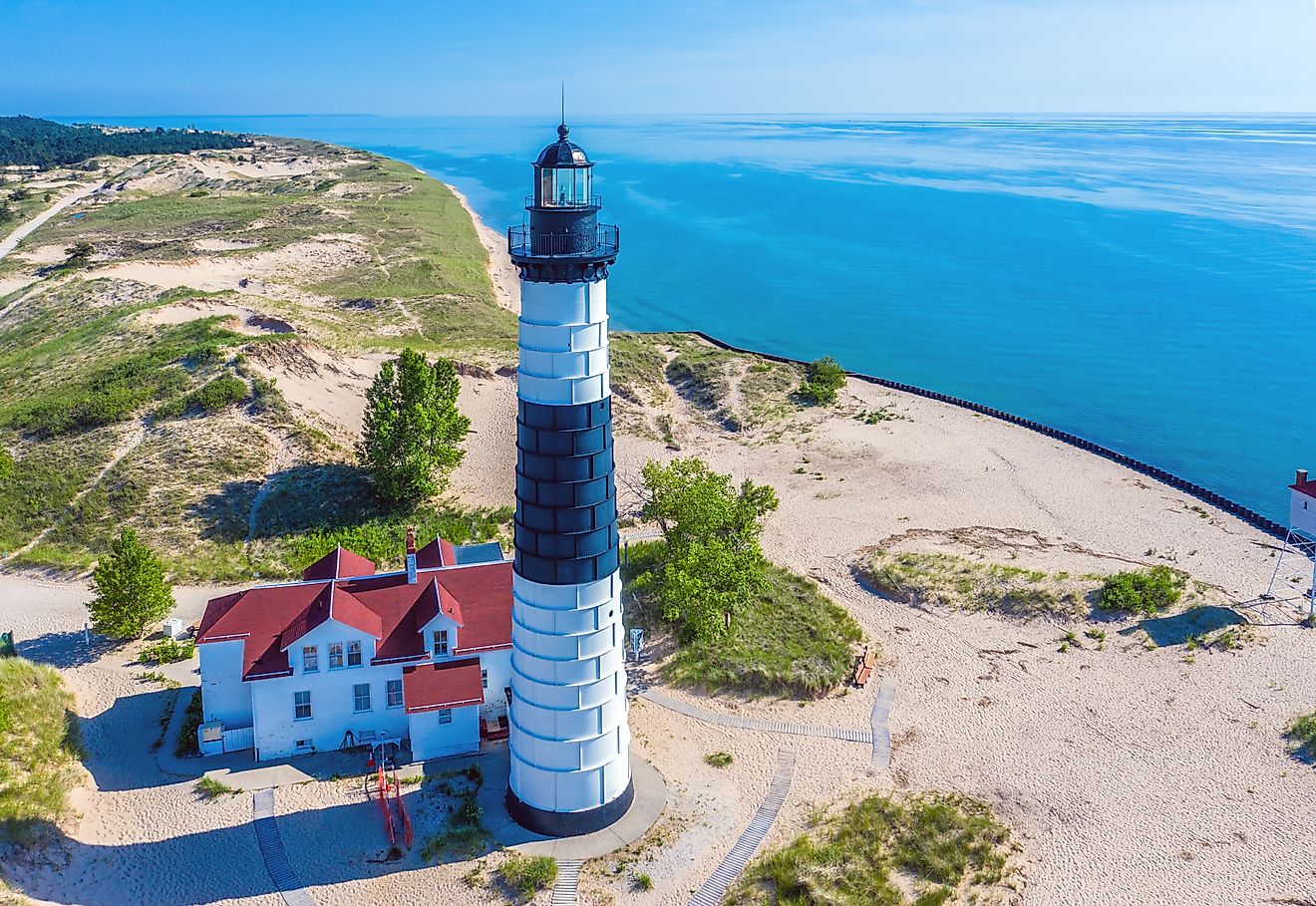
8 of the Most Charming Small Towns to Visit in the Colorado Plateau
The Colorado Plateau is a roughly 150,000-square-mile area covering western Colorado, northwestern New Mexico, southeastern Utah, and northern Arizona. Also known as Red Rock Country, this region is encircled by various mountain ranges, rims, and rifts and filled with mesas, buttes, hoodoos, cliffs, and canyons. Because of its turbulent terrain, the Colorado Plateau lacks large cities, so small towns are the best bases for exploration. Some charming communities are just as wonderful to visit as the wonders they serve. Uncover the best places to visit in the Colorado Plateau.
Kanab, Utah
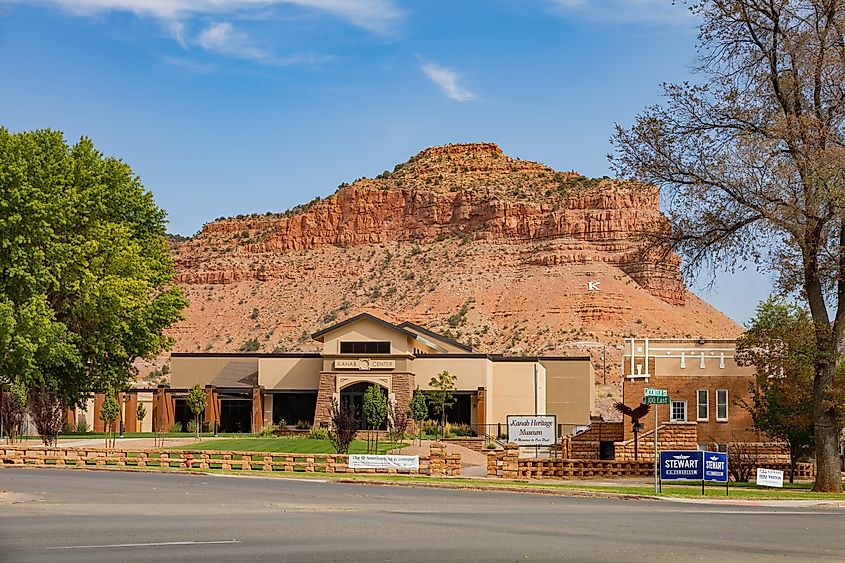
The Colorado Plateau contains nine national parks. Four of those are a short drive from Kanab. This small community, which sits in extreme southern Utah a few miles from the Arizona border, neighbors Zion National Park, Bryce Canyon National Park, and Capitol Reef National Park on the Utah side and Grand Canyon National Park on the Arizona side. The Grand Staircase-Escalante National Monument and Coral Pink Sand Dunes State Park are even closer to town.
Although nothing beats its scenic surroundings, Kanab proper has charming attractions like the Little Hollywood Movie Museum and the Kanab Heritage House Museum. Legend has it that there are authentic charms buried near Kanab: untold riches hidden by Montezuma's soldiers to thwart the conquistadors, which have inspired modern-day treasure hunts. Nothing has been found.
Paonia, Colorado

Clinging to the northeastern edge of the Colorado Plateau is Paonia, Colorado, a town with about 1,500 people and just as many astonishing views. Residents and tourists can stroll through its quaint downtown, stopping in at Paonia United Brewing Co. and Paonia Bread Works while prodigious peaks peek from the emerging Rockies. These include 11,400-foot Mount Lamborn and, farther away, the Grand Mesa, the world's largest flat-topped mountain. Even when considering its sites and sights, Paonia's name may be the most charming thing about it.
In the 1880s, Samuel Wade settled the town with the roots of the peony flower he had brought from Ohio. As such, Paonia got its name and its status as an unlikely 5,600-foot oasis producing everything from flowers to peaches to blackberries to apples to pumpkins. You can pick your own produce at numerous nearby orchards.
Kayenta, Arizona

Kayenta is a community in the Navajo Nation in northeastern Arizona. Although the 4,600ish-person town has its fair share of attractions, such as Black Mesa Twin Cinemas and a Navajo Code Talkers museum within a working Burger King, the most magical sites are a 25-minute drive north in Monument Valley. Depicted in myriad Western films and series, Monument Valley is a collection of unique sandstone buttes around 1,000 feet tall. But the charm does not end there. Just west of Kayenta is another geological wonder, the Navajo National Monument, which is a canyon containing Ancestral Puebloan cliff dwellings.
Moab, Utah
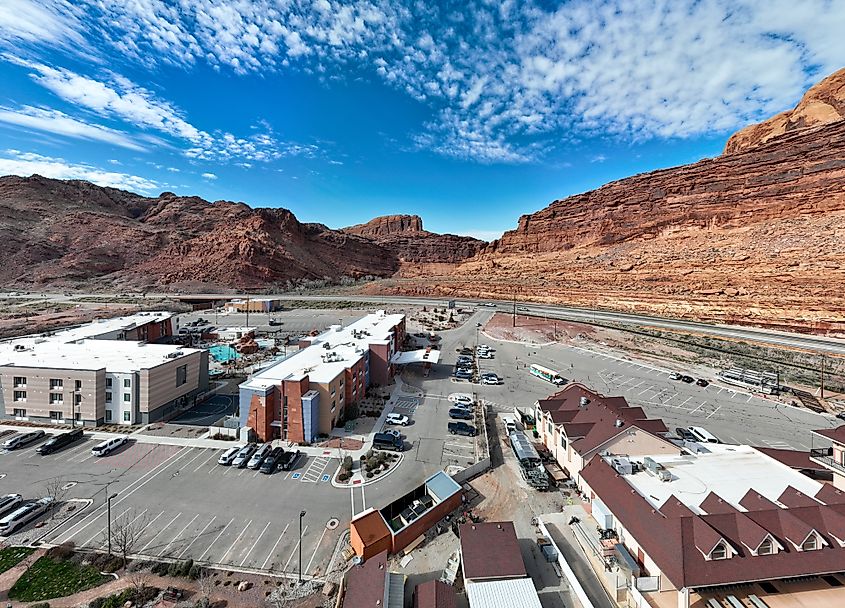
The two national parks in Utah that Kanab does not cover are near Moab in the east-central part of the state. Canyonlands National Park and Arches National Park sandwich this 5,400ish-person community, making it one of the most scenic haunts in America. In addition to said parks, which have red rock formations rivaling those in Monument Valley, Moab straddles the Colorado River that runs all the way into the Grand Canyon.
In Moab, the river provides residents and tourists with white water rafting and kayaking, plus camping and hiking along its banks. Moreover, Moab itself is awash with sandstone-colored commercial retreats like the Desert Dreams giftshop and Zax Restaurant.
Ouray, Colorado

Located where the Colorado Plateau joins the Rocky Mountains, Ouray joins local charm with European elegance. Called the "Switzerland of America," this tiny community began as a mining town and transitioned into a resort city with Victorian abodes, hot springs, and all manner of outdoor activities. Despite its Alps-like peaks, Ouray is not a skiing hub. Rather, it is an ice climbing mecca courtesy of Ouray Ice Park, which is considered the "world's first park devoted exclusively to the sport of ice climbing." You can still shred some powder at Lee's Ski Hill, one of the only free tow rope ski hills in America.
Jerome, Arizona

Another dead mining town revived with other industries, Jerome lives where the Colorado Plateau ends in Arizona. After mining ended, virtually the entire town was preserved as a National Historic Landmark. Among the saved sites are 19th-century buildings and abandoned mine resources. The highlight may be the stately Douglas Mansion, which earned a separate designation as Jerome State Historic Park. These preserves, tucked in the scenic Black Hills, draw many admirers, who are serviced by contemporary attractions like Haunted Hamburger, Bobby D's BBQ, Caduceus Cellars & Merkin Vineyards, and the Raku Gallery.
Aztec, New Mexico

The only New Mexico entry on this list is the Aztecs, which have around 6,000 residents and sit in the northwestern section of the state. Although named for the Indigenous tribe, the Aztecs are nowhere near the Aztecs' traditional homeland. European settlers misattributed the Puebloan ruins in the area. As such, the Aztec Ruins National Monument, the community's top attraction, contains centuries-old kivas built by the Pueblo people.
After surveying those archaeological wonders, tourists can learn about another era of Aztec history at the Aztec Museum & Pioneer Village before marveling at modern sites such as Aztec Speedway and Tico Time River RV Resort with its multiple music festivals.
Mancos, Colorado

You may have heard of a one-horse town, but what about a one-hand town? Mancos means "one-handed" in Spanish, which allegedly comes from an explorer who injured his hand while crossing the river that became known as Mancos River. Thankfully, you do not need both hands to enjoy Mancos since it is a hiker's paradise via nearby Mesa Verde National Park. This 52,000-acre park has namesake mesas (more precisely, cuestas) plus cliffs and Ancestral Puebloan dwellings. The park has roughly 5,000 archaeological sites, making it the largest archaeological preserve in America. If you survive Mesa Verde with both hands intact, grab a taco at Chavolo's Mexican Restaurant or a burger at Columbine Bar & Grill.
The Colorado Plateau is perhaps the most epic region of the United States. Ironically, its geological epicness leaves little room for cities, meaning this giant plateau is peppered with tiny, charming communities serving intrepid tourists. After conquering the red rock canyons, cliffs, buttes, mesas, and hoodoos, you can relax in Kanab, Paonia, Kayenta, Moab, Ouray, Jerome, Aztec, and Mancos. Go for the scenery, but stay for the serenity.
